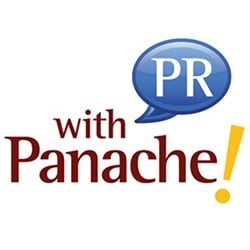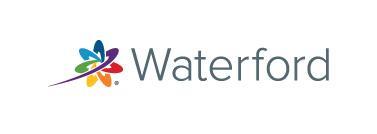If universal literacy is the goal, we must partner together to break down barriers to early education.

The momentum is building. Education experts realize children must be able to read by third grade. More than half of all states, (28 to be exact), have passed laws that require or allow schools to hold students back if they aren’t meeting proficiency requirements at the beginning or end of third grade.
There’s good reason behind the flurry of legislative action. According to research, one in six children who are not reading proficiently by third grade will not graduate from high school on time, a rate four times higher than their peers. The news is even more dire for economically disadvantaged children. If a child has spent at least a year in poverty and is not reading at grade level, the drop-out rate rises to 26 percent.
But retaining students is not without its own drawbacks. It’s expensive and may come with academic and other consequences for students. It seems clear, then, that rather than waiting for kids to fail, we should provide support to our youngest learners so they begin school ready to learn on day one.
‘…a solution for these exact challenges: a personalized, early learning program focusing on early literacy, numeracy, and STEM concepts.’
Nita Thompson, executive director of the Mississippi Head Start Association, put a more positive spin on it recently, saying, “When we get children engaged in learning at an early age, the probability of positive educational and academic outcomes is greater.”
Recently, my organization took part in a state-wide partnership with Thompson and The Mississippi Head Start Association. We wanted to see first-hand the challenges these students and their families face, and find strategies to overcome them.
Lack of Access to High-Quality Pre-K
One of the first and most daunting challenges, both for individual parents and society at large, is the lack of access to high-quality preschool programs. This affects millions of children every year.
“Opportunity is not always equal,” Thompson says. “Abilities may be equal but opportunities are not, so Head Start provides opportunity and access to families that might not have the resources to access high-quality education and care for their children or might not even be in an area where it’s available.”
In some rural areas, there are not enough students to support a pre-K center, leaving parents to prepare alone. And in urban settings, there may be great preschool options in a child’s neighborhood—but that’s no guarantee they’ll be able to take advantage of them. Many economically disadvantaged students can’t afford enrollment fees, and low-cost options fill up fast. Parents may also lack transportation or the flexibility in their schedule to get their kids to school.
One reason MHSA decided to partner with us is because we provide a solution for these exact challenges: a personalized, early learning program focusing on early literacy, numeracy, and STEM concepts. If the family can’t afford a computer or internet access, we provide them at no cost.


